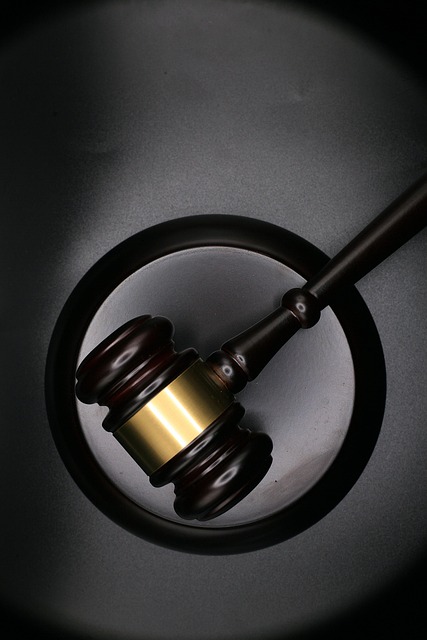Teen Challenge lawsuits have become a crucial tool for survivors to seek justice and accountability for alleged abuse within the organization's programs. These legal actions navigate complex structures, religious affiliations, and decentralized operations, requiring strong evidence and understanding of contract law, organizational liability, and state laws. Through their stories, survivors aim for personal healing, public accountability, and prevention of future victimization, driving reform in youth rehabilitation practices and promising safer environments for future generations.
“In the quest for justice, survivors of Teen Challenge programs are turning to legal action through Teen Challenge lawsuits. These suits shed light on alleged abuse and exploitation within the organization. This article delves into the legal dimensions of these cases, offering a legal perspective on understanding Teen Challenge lawsuits. By examining survivor stories, we explore their pursuit of redemption and accountability. Additionally, we analyze the impact and potential future of this litigation.”
- Understanding Teen Challenge Lawsuits: A Legal Perspective
- Survivors' Stories: Seeking Redemption and Accountability
- The Impact and Future of Teen Challenge Litigation
Understanding Teen Challenge Lawsuits: A Legal Perspective

Teen Challenge lawsuits have gained prominence as a means for survivors to seek justice and accountability for alleged abuse within the organization. These legal actions are driven by individuals who experienced traumatic and harmful situations while participating in Teen Challenge programs, aiming to hold the group and its affiliates responsible. From a legal perspective, these lawsuits often center around claims of emotional distress, physical harm, and violations of civil rights stemming from the reported mistreatment.
The complexity of Teen Challenge lawsuits lies in navigating the unique structure and governance of the organization, which is often characterized by religious affiliations and decentralized operations. Plaintiffs must present compelling evidence, including detailed accounts of abuse, to establish a case against an entity that may have various levels of involvement and liability. Understanding the legal landscape surrounding these cases requires a deep dive into contract law, organizational liability, and the interpretation of state laws, ensuring survivors receive the justice they seek.
Survivors' Stories: Seeking Redemption and Accountability

Survivors of Teen Challenge programs often find themselves in a unique position—searching for both personal redemption and public accountability. These individuals have endured emotional, physical, and psychological trauma within the seemingly protective walls of what was supposed to be a transformative environment. Their stories are powerful narratives of resilience, revealing the stark contrast between the promised second chance and the harsh realities they encountered.
Through Teen Challenge lawsuits, survivors take a stand against institutional abuse, seeking justice for their suffering. These legal actions not only offer a platform for their voices to be heard but also serve as a catalyst for change, aiming to prevent future victims from experiencing similar fates. Every lawsuit is a step towards holding the organization accountable and ensuring that the lives of those who have suffered within its programs are valued and restored.
The Impact and Future of Teen Challenge Litigation

The Teen Challenge lawsuits have had a profound impact on holding institutions accountable for past wrongdoings and fostering change in youth rehabilitation practices. These legal battles have shed light on systemic issues within Teen Challenge programs, raising awareness about potential abuses of power and neglect. As a result, many facilities have been compelled to improve their standards, ensuring better care and support for young participants.
Looking ahead, the future of Teen Challenge litigation holds the promise of further reform and justice. By continuing to pursue legal action, survivors can contribute to shaping more effective and ethical youth rehabilitation models. This ongoing pursuit not only seeks compensation but also plays a vital role in preventing similar tragedies by setting benchmarks for safe and nurturing environments within these programs.
In conclusion, Teen Challenge lawsuits represent a significant step towards accountability and justice for survivors. By understanding the legal perspective, listening to personal stories, and examining the impact of these cases, we recognize the power of litigation in addressing past wrongs. As the landscape of teen challenge programs continues to evolve, ongoing litigation plays a crucial role in ensuring safer environments and promoting healing for those who have been harmed.
